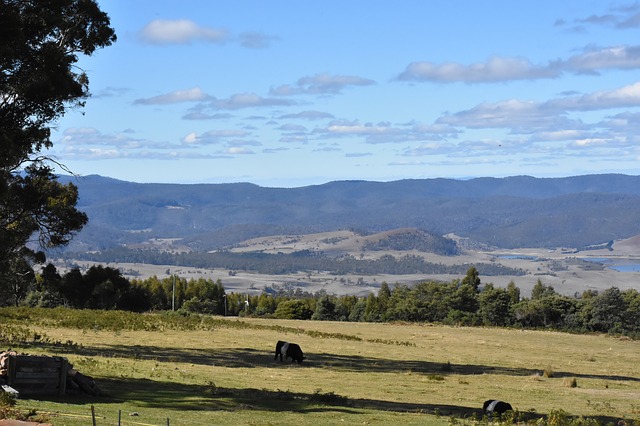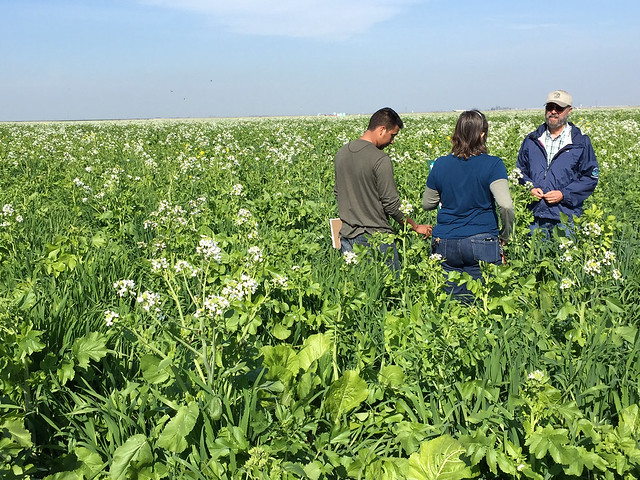



Industry leaders publish open letter on the value of animal agriculture
How livestock is supporting global nutrition, high standards of food safety and public health during the COVID-19 pandemic.The coronavirus crisis has brought into focus the incredible public health challenge our world faces, and nowhere is this challenge more apparent than in food production. Nourishing the world during this crisis is a top priority across nations.
Our world needs the contributions of livestock. Globally, 1.3 billion people depend on livestock for their employment, while billions more rely on livestock to provide food for their families. Animal agriculture provides milk, meat, fish and eggs at a time when access to safe, nutritious and affordable food is necessary to fend off a potential global hunger crisis, and offers invaluable support for farmers facing severe, often existential, economic hardships.


The precise origin of COVID-19 remains under investigation, but ongoing research continues to confirm that domestic livestock production is safe and has not played a role in the spread of COVID-19. Current evidence points to a journey from wild animals to humans, which aligns with research showing most zoonotic diseases originate in wildlife.
However, some are making unfounded claims that livestock and modern agriculture were somehow the source of the pandemic. This threatens to distract the global public health response at a time when animal agriculture can offer lessons for wildlife zoonoses management as part of the long-term pandemic preparedness.
For example, livestock diseases are monitored globally to help prevent them from spreading across borders the way that COVID-19 has done, and advances in farm and facility practices, animal nutrition, veterinary diagnostics and medicine mean many zoonotic diseases, such as salmonella, are well managed in most economies. Using these learnings to develop more robust early warning systems for wildlife could enhance our ability to detect emerging diseases.
Importantly, livestock production is a regulated, monitored system with food safety and public health at its core. Even in the face of unprecedented challenges, farms and food facilities are taking every precaution possible to keep employees as safe as possible and fulfill their critical roles in our food supply, while producers continue to rely on biosecurity, hygiene, vaccination, and other tools to control animal illness.
The knowledge and expertise of the livestock sector can help strengthen the global COVID-19 response and tackle the growing risk of nutrition insecurity.


We urge authorities, intergovernmental groups, and NGOs to support these efforts by:
- Reaffirming the safety of livestock production and reminding consumers of our robust food safety system, including the important role of veterinarians and animal nutrition.
- Refuting misinformation that tries to manufacture a link between livestock and the spread of COVID-19.
- Consulting with livestock experts, including farmers and other stakeholders in the feed and food chain to understand how to aid their efforts to feed communities.
During this pandemic, livestock farms and the value chain are working tirelessly to ensure we have safe and affordable food to eat and drink. It’s vital that society supports these efforts and taps into their knowledge to build a more resilient world in the future.
Signatories
The previous open letter was signed by more than 50 farmer groups, producer associations, veterinarians and researchers worldwide.
Leading academics across four continents have joined US, Canadian and international organisations representing millions of farmers, producers and veterinarians to sign an open letter pushing back against misinformation around animal agriculture during the pandemic.
Signatories include the Animal Agriculture Alliance, World Veterinary Association and the International Livestock Research Institute (ILRI).









